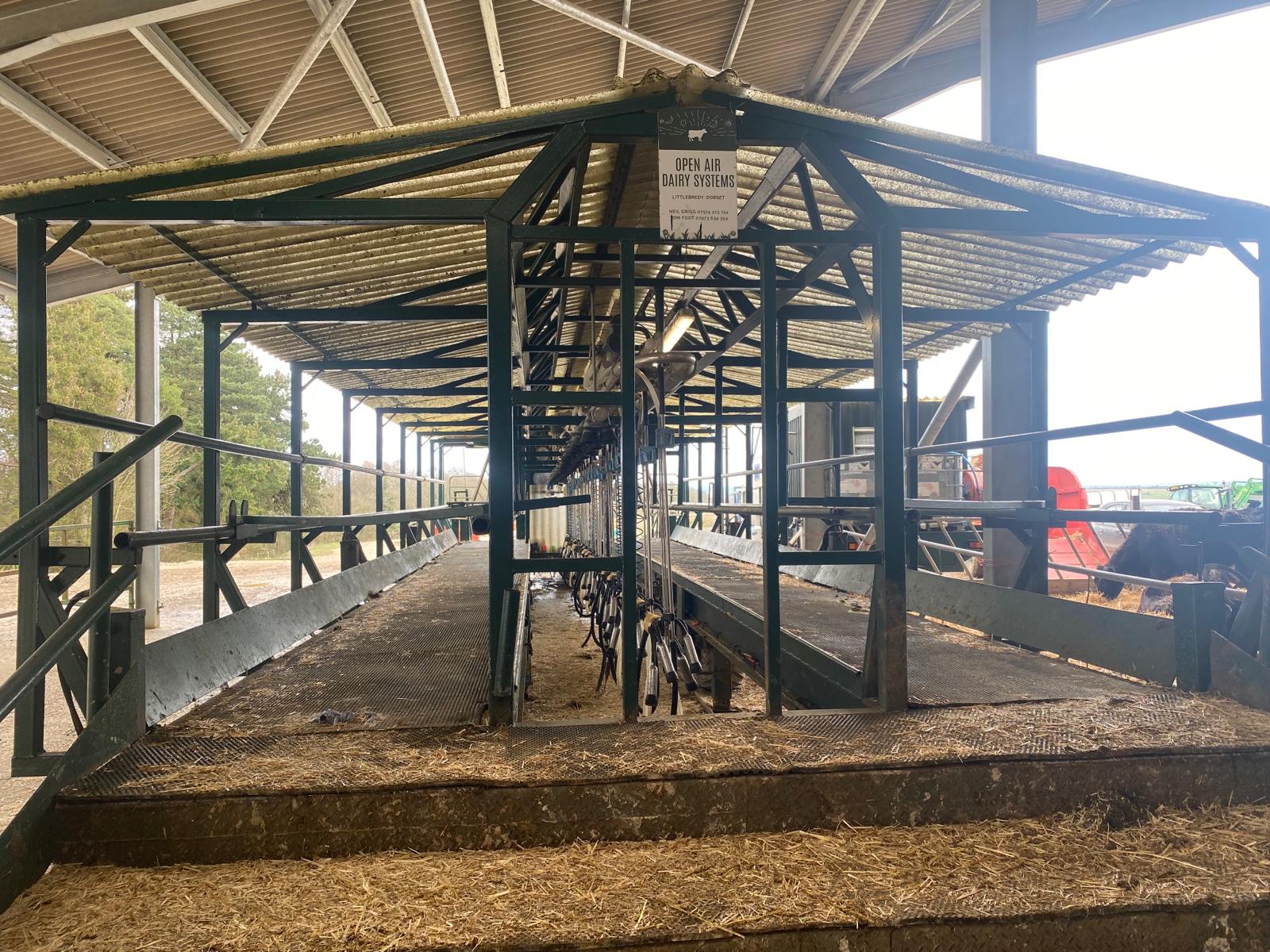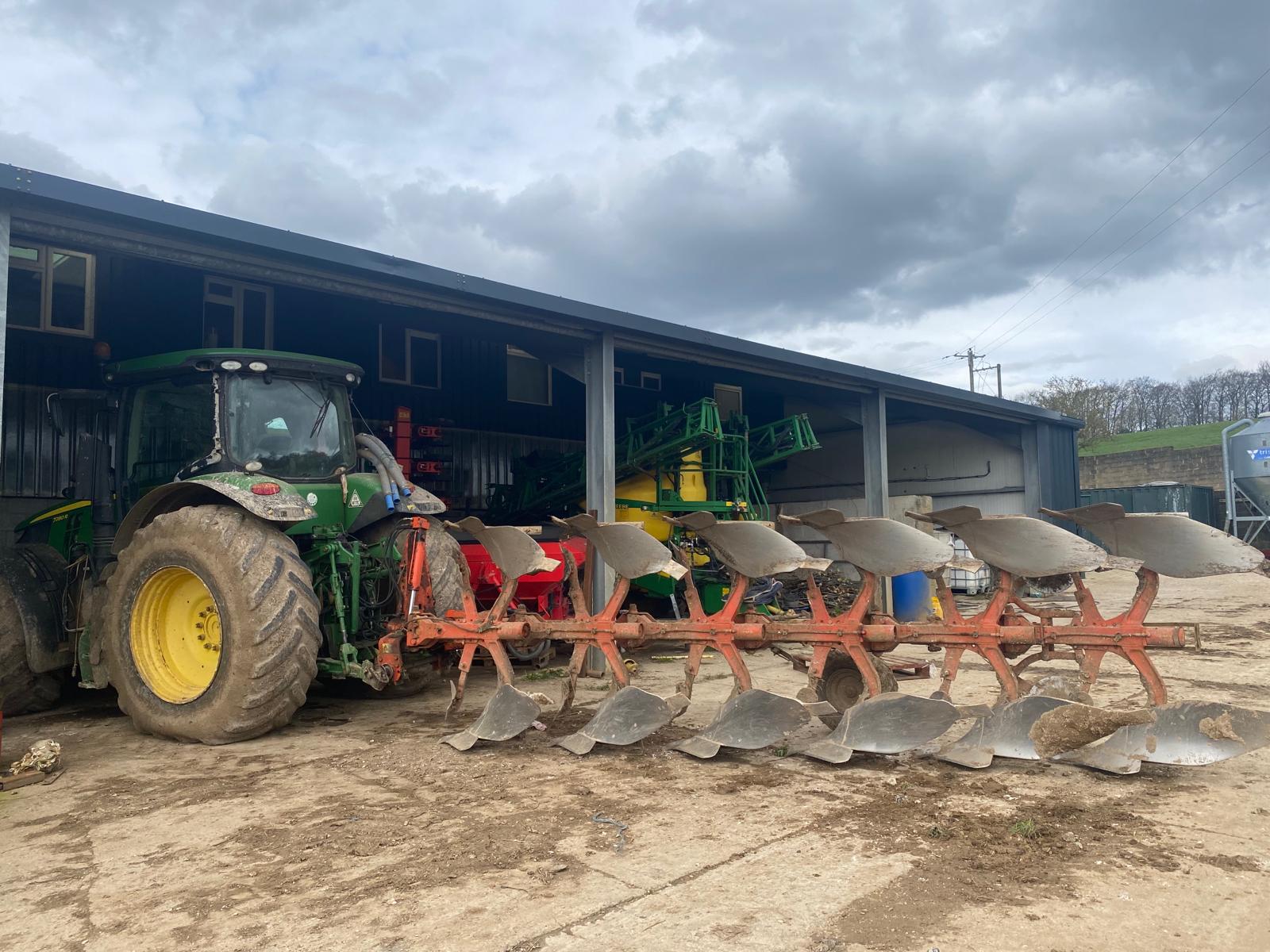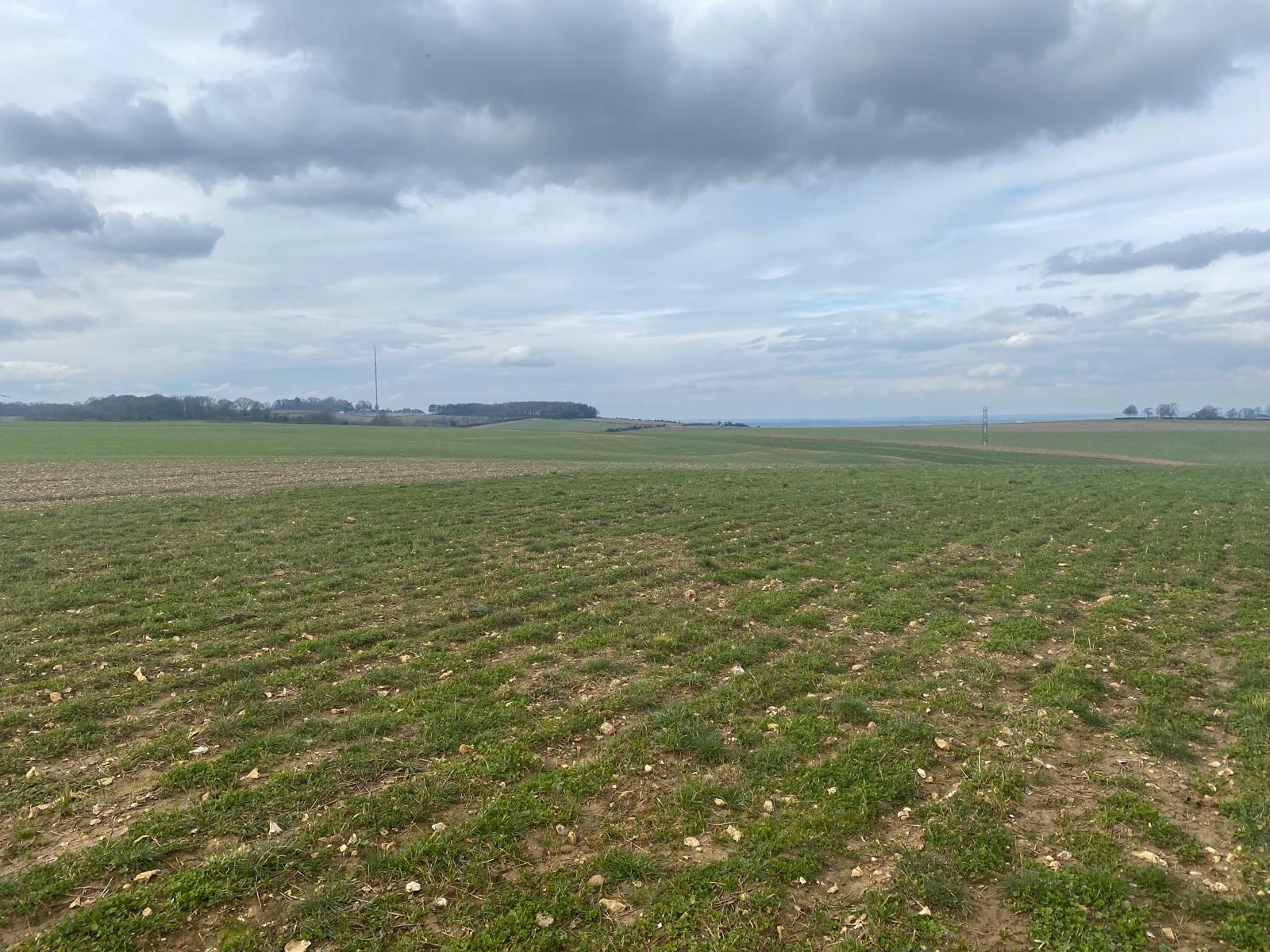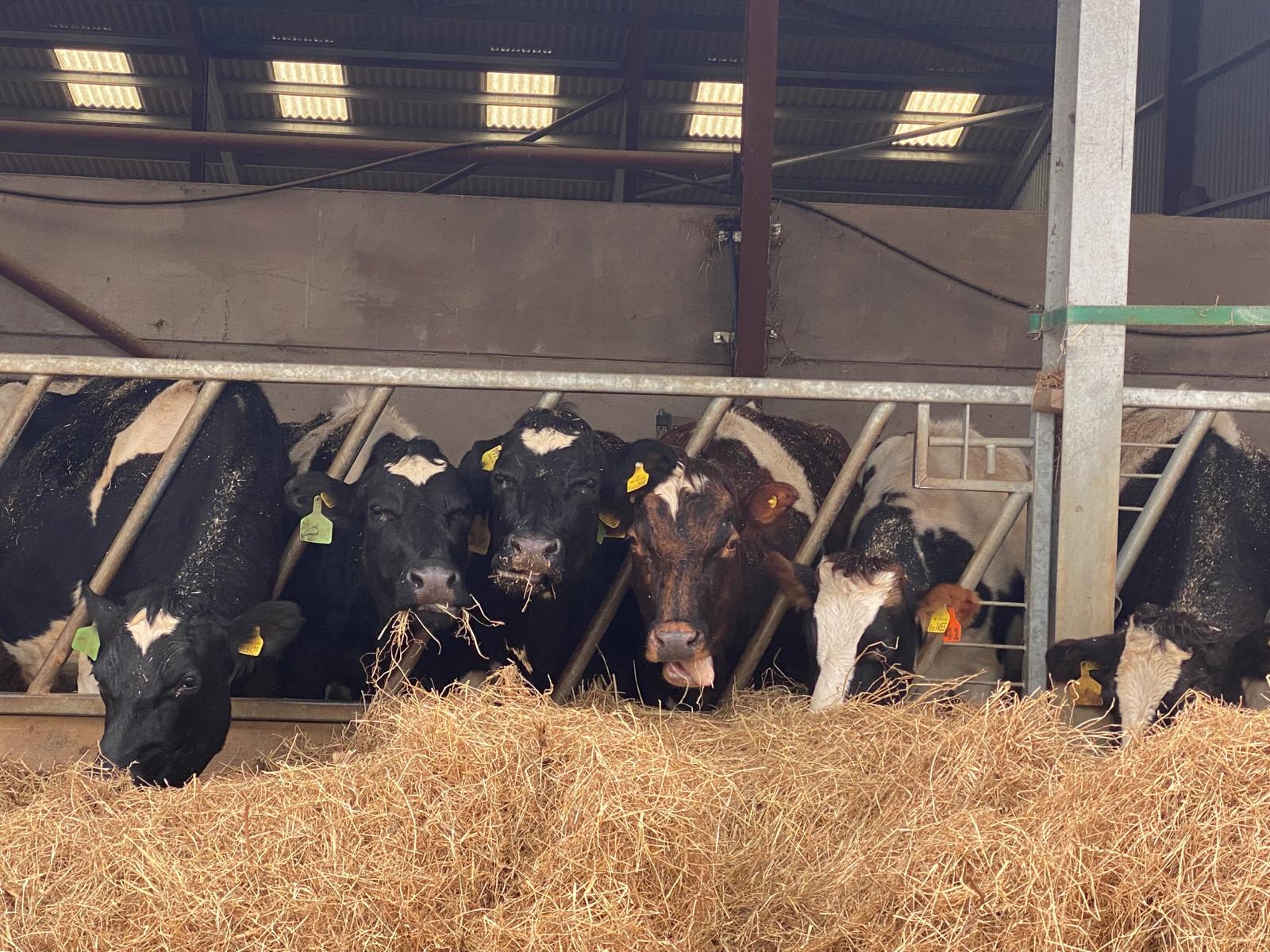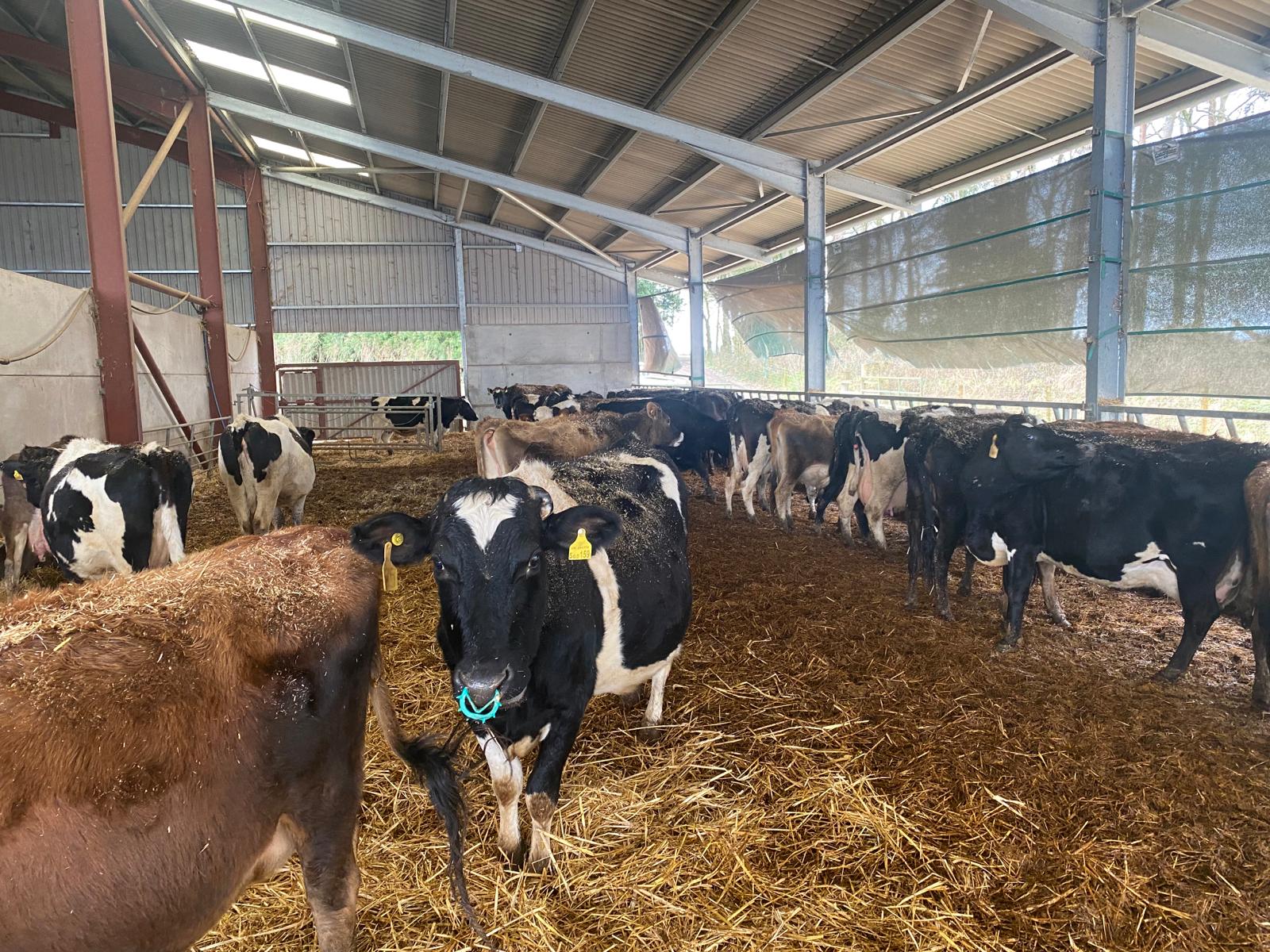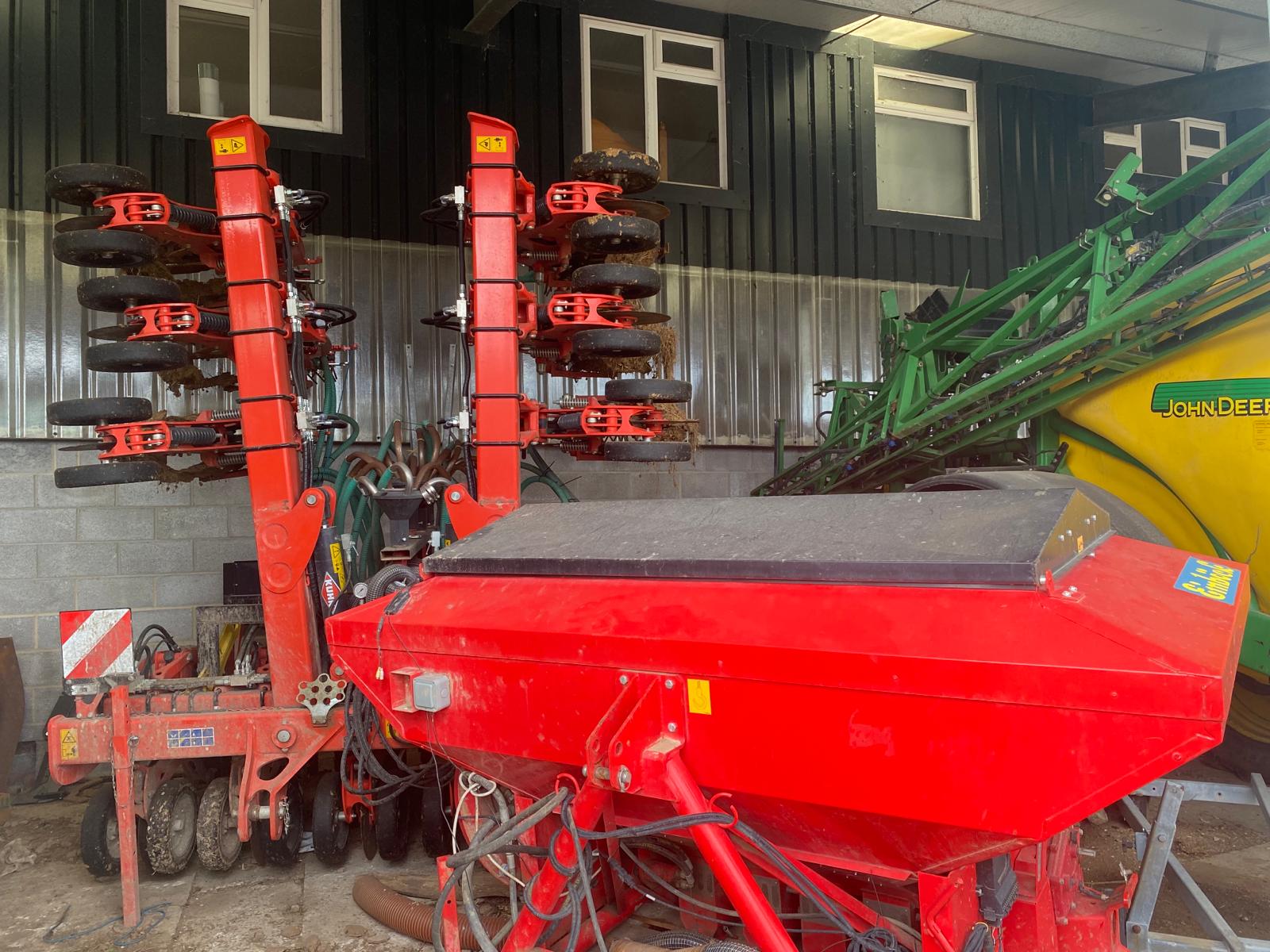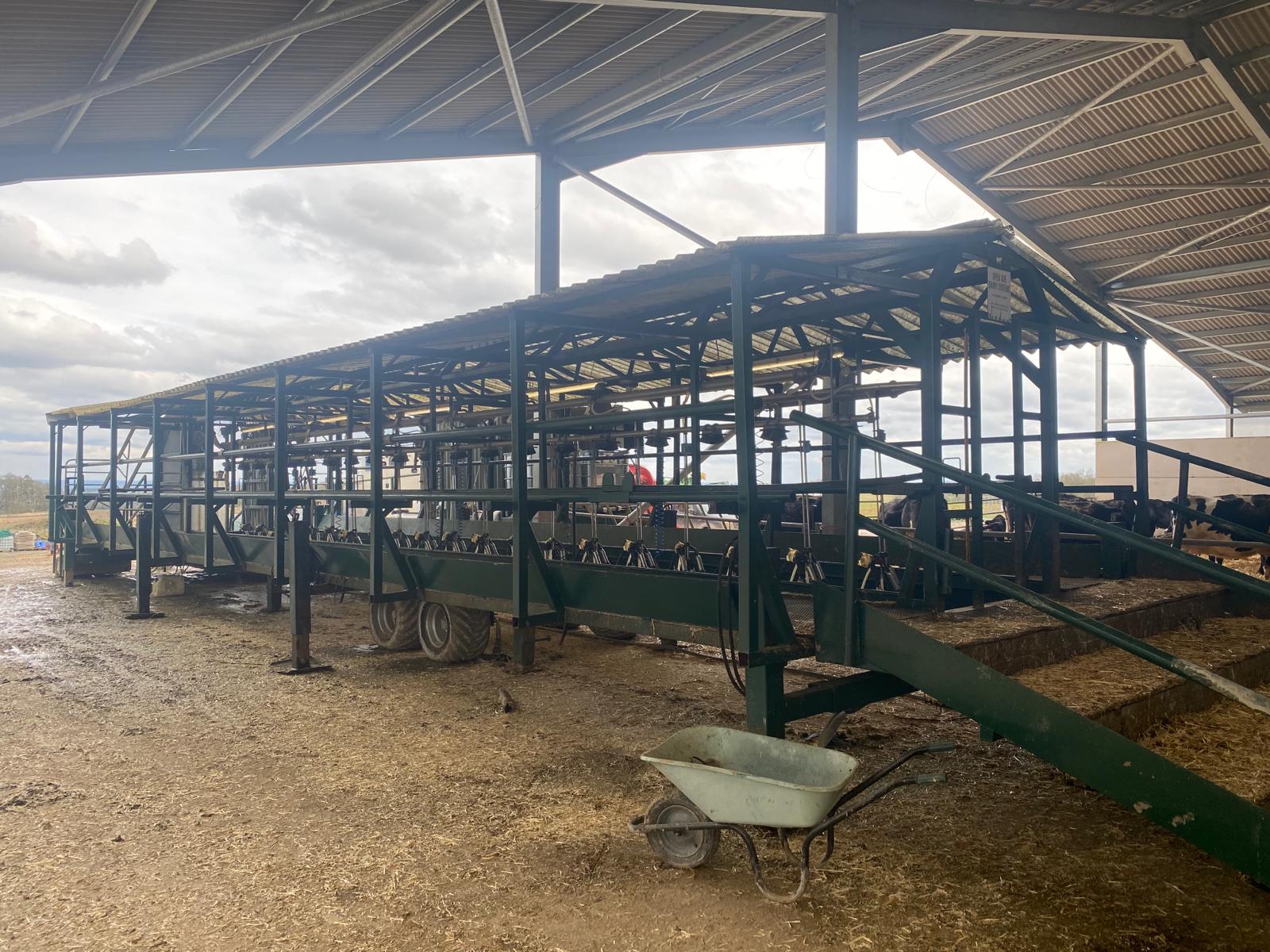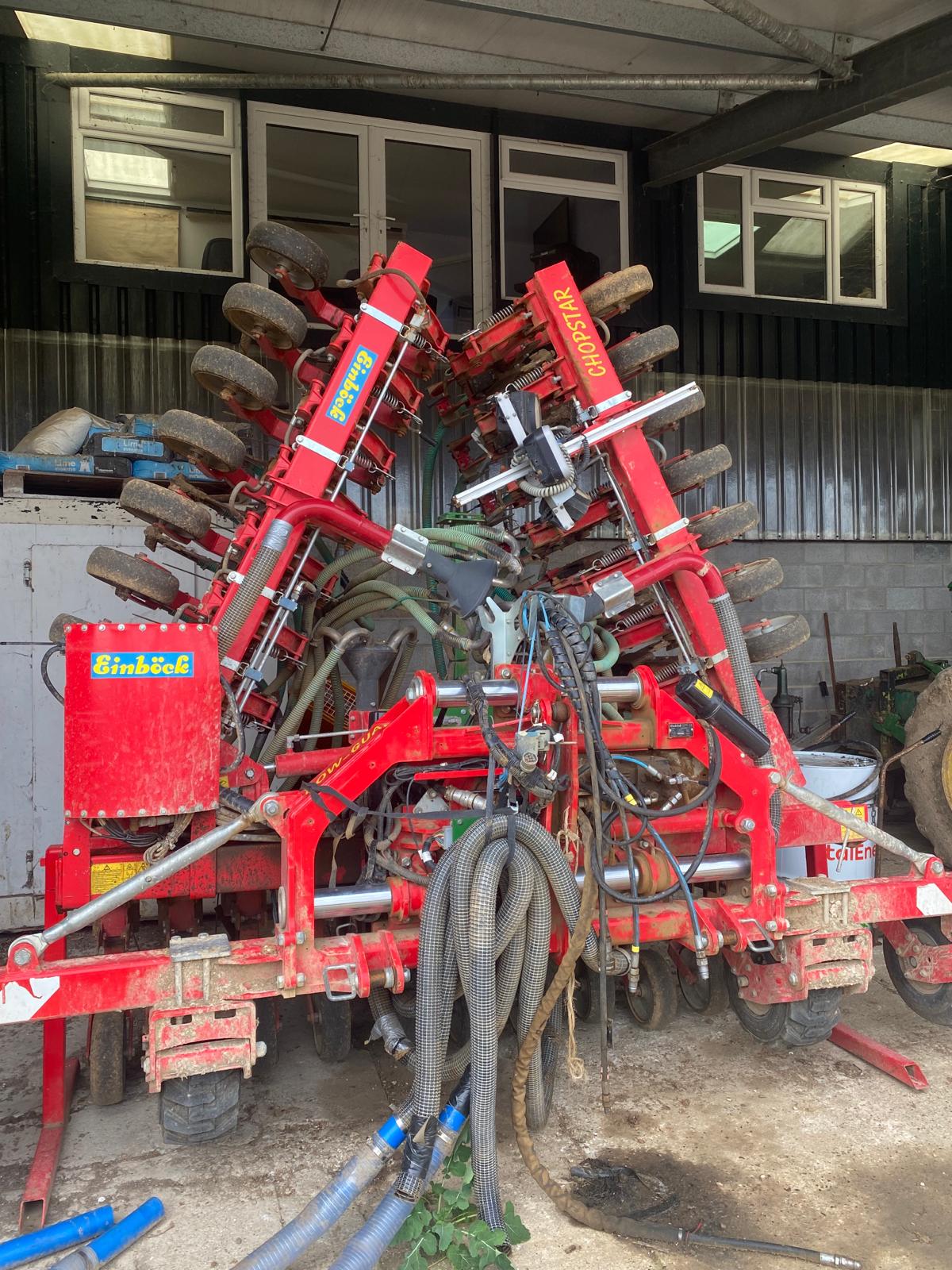Tim May
Kingsclere Estates
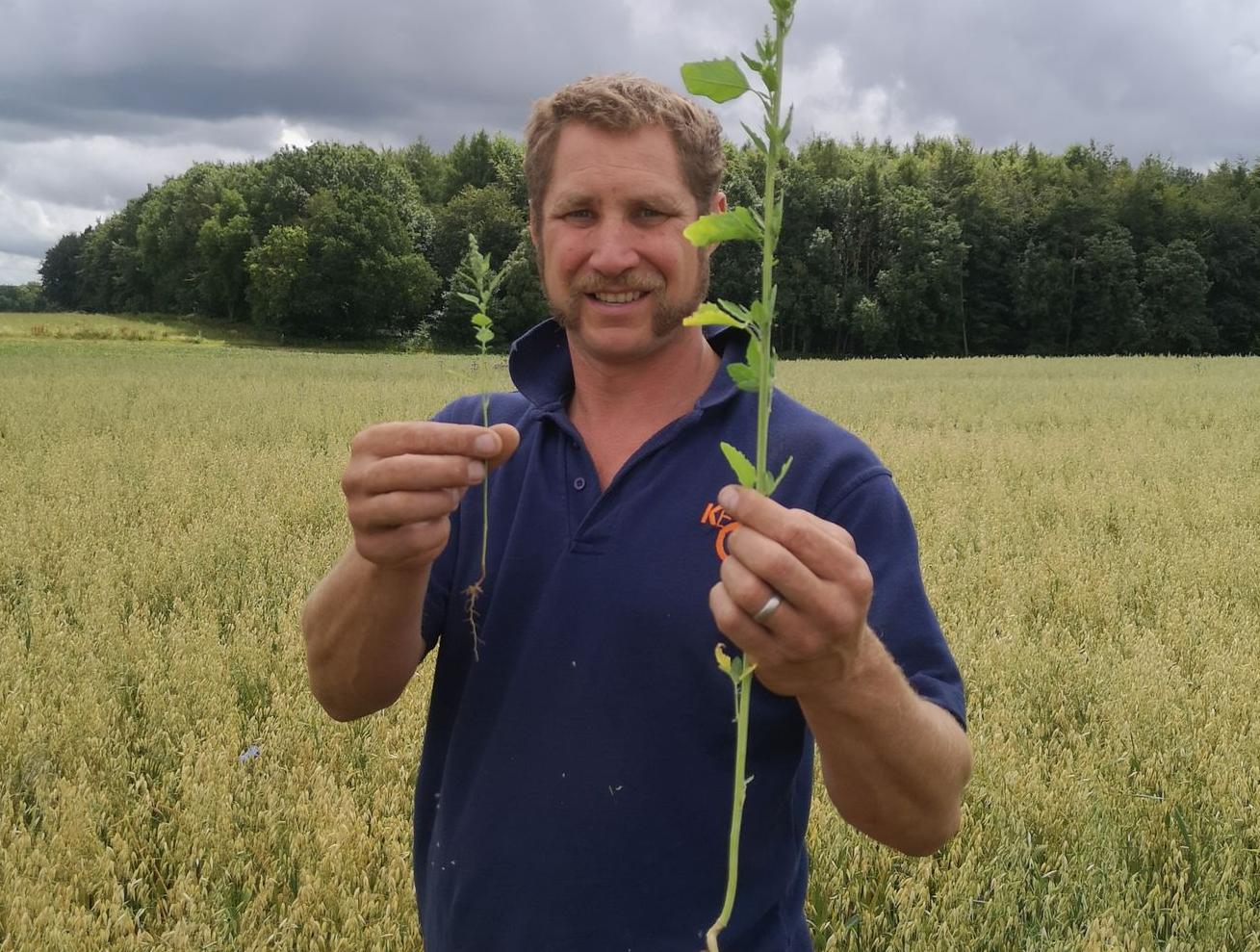
Setting the Scene
Tim has been Organic now for five years having taken over management of the farm 20 years ago. Following his Nuffield scholarship which encouraged him to change the farming system to bring grass back into the rotation and to be low-input, and with a dairy on the farm, becoming Organic was the logical choice. Tim is an innovator, looking to stack enterprises and improve the efficiency and sustainability of his farm, restoring it to former glories and offering a social hub for local businesses.
For more on the Kingsclere Estate, see their website:
Kingsclere Estates - Dare to grow differently (kingsclere-estates.co.uk)
| Farm Name | Kingsclere | Cash Crops Area (Ha) | 440 |
| Farm Size (ha) | 880 | Herd Size | 420 |
| Owner/Tenant | Owner | Soil Type(s) | Chalk Loam |
| Years Farming (Org) | 20 (5) | Annual Rainfall (mm) | 750 |
| Main Enterprise | Dairy/Arable | Total HP | 1050 |
Rotation Two typical rotations, one with an oat focus and one focused on wheat, with decisions based on the field and market. Novel crops like quinoa, lentils, linseed and caraway and OSR have been grown, but the cropping is now simplified, with the aim of growing fewer crops to a higher standard. Tim will try borage for the first time this year.
| 4 years herbal ley> | spring oats> | winter oats (+beans)> | winter oats (+beans)> | spring oats, under sown> |
| 4 years herbal ley> | spring wheat> | winter wheat (+beans)> | winter wheat (+beans)> | spring wheat, under-sown |
Agronomic Approach
The typical approach to tillage is to plough and power-harrow ahead of drilling. Tim has been trialing a strip-till, inter-row mower approach for some of the crops but feels more R&D is needed in this area.
Weed management is based on early drilling to get the crop up and away quickly to provide competition with the weeds. The ploughing and power harrowing also helps significantly knock back the weeds. In crop, Tim has the options of an einbock comb-harrow or hoe but these are rarely used.
| Worst Weeds Organically (Conventionally) | Issues |
| Chicory volunteers | Competition and green at harvest |
| (Black grass) | Highly competitive and reproductive, herbicide resistant |
| (Brome) | Highly competitive, herbicide resistant |
Fertility is based on the 4yrs of herbal leys and the dairy cows that graze them all year round. Plant based digestate is added at 25m3/ha to the first or second year of grass depending on need. Micronutrients and microbial inoculants are also applied to the cereals, as a foliar feed using a sprayer.
| Most "reliable" crop | Grass! Winter Oats 3.5t/ha |
Least "reliable" crop | Beans, 1t/ha, now grown only as a bi-crop |
Key Agronomic Challenges
Biggest Agronomy Question: To better understand how to use biologicals for impact on yield and quality. We have a challenge to reach the yield potential of the soils.
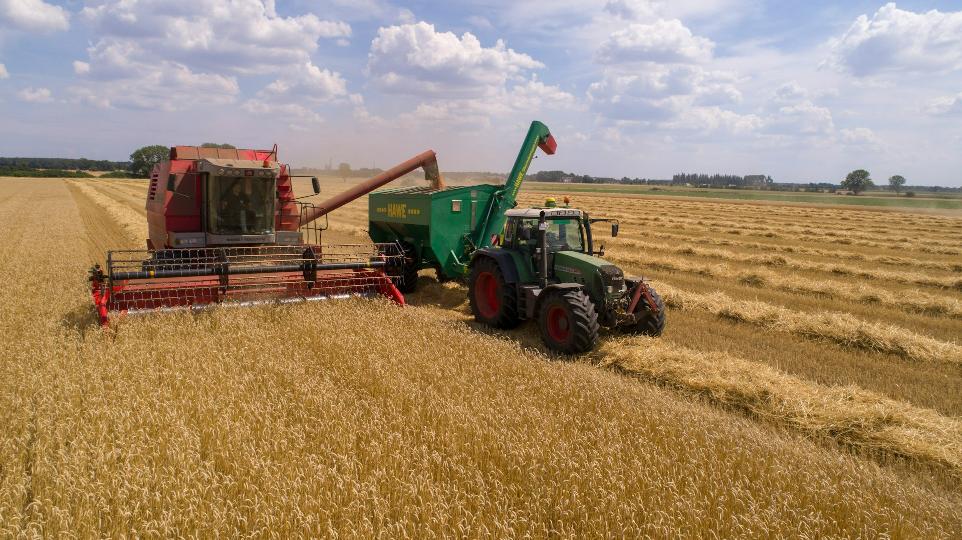
Machinery
Tim has an Einbock drill, drilling 10cm bands on 25cm centres. He also has a strip till drill and inter-row mower to manage his wild farmed wheat system. He has a Kverneland power-harrow 6m drill on narrow rows he tends to use later in the Autumn if the weather is catchy or earlier in the Spring, or if not intending to hoe the crop.
Best machinery Purchase: A swather, for harvest management, where crops are under-sown and for combine efficiency.
Worst machinery Purchase:
Strip-till, it needs more development as it doesn't create much of a tilled area, makes the seed bed too fine and causes water infiltration issues as you end up with slumping, and a kind of ridge and furrow across the field! The inter row mowing is also a challenge. It's a work in progress but so far it's "better in theory than in practice".
Total horsepower on the farm is 1046, 430 for tractors and 616 for the combine.
Worst moment in farming
I put myself under too much pressure in the beginning and had a tough time transitioning between the theory and the practice of what I wanted to do. I call it my "dip of despair".
The biggest organic lesson learned?
Holistic management and "farming with purpose"
Where do you see yourself and the farm in 10 years time?
Growing fewer commodities, more direct marketing, more partners with a greener more waste retentive farmland. I see myself enjoying farming and feeling more appreciated for the job I do.
What do you know now that you wish you'd known when you started farming organically?
The plough isn't evil and it's not the plough but the how! I had a direct-drill mentality as a conventional farmer
Best moment in farming
The first year of going back into a grass ley because I knew the blackgrass problem we had would sort itself out, and it did!
The best organic advice you've received?
A field doesn't get ploughed by turning it over in your mind
Best piece of advice you'd offer an organic farmer?
Limit niche crops and exercise moderation in novel cropping
Did you have an epiphany moment? If so, what was it?
How important getting air into soil is.. soil aeration is all important. I don't roll anymore. Cloddy seedbeds can be beneficial in organic farming, helping dissipate rain energy to avoid capping.
"We're smaller than we think but there's power in that if we work together."
"Understand the purpose of your farming"
Above a selection of photos from Kingsclere showing the mobile dairy and cattle that are such a huge part of the system, as well as the machinery Tim uses for the arable enterprise. Unlike many Organic farmers, Tim has a sprayer to apply trace elements, determine from tissue samples, and application of microbial innoculants.
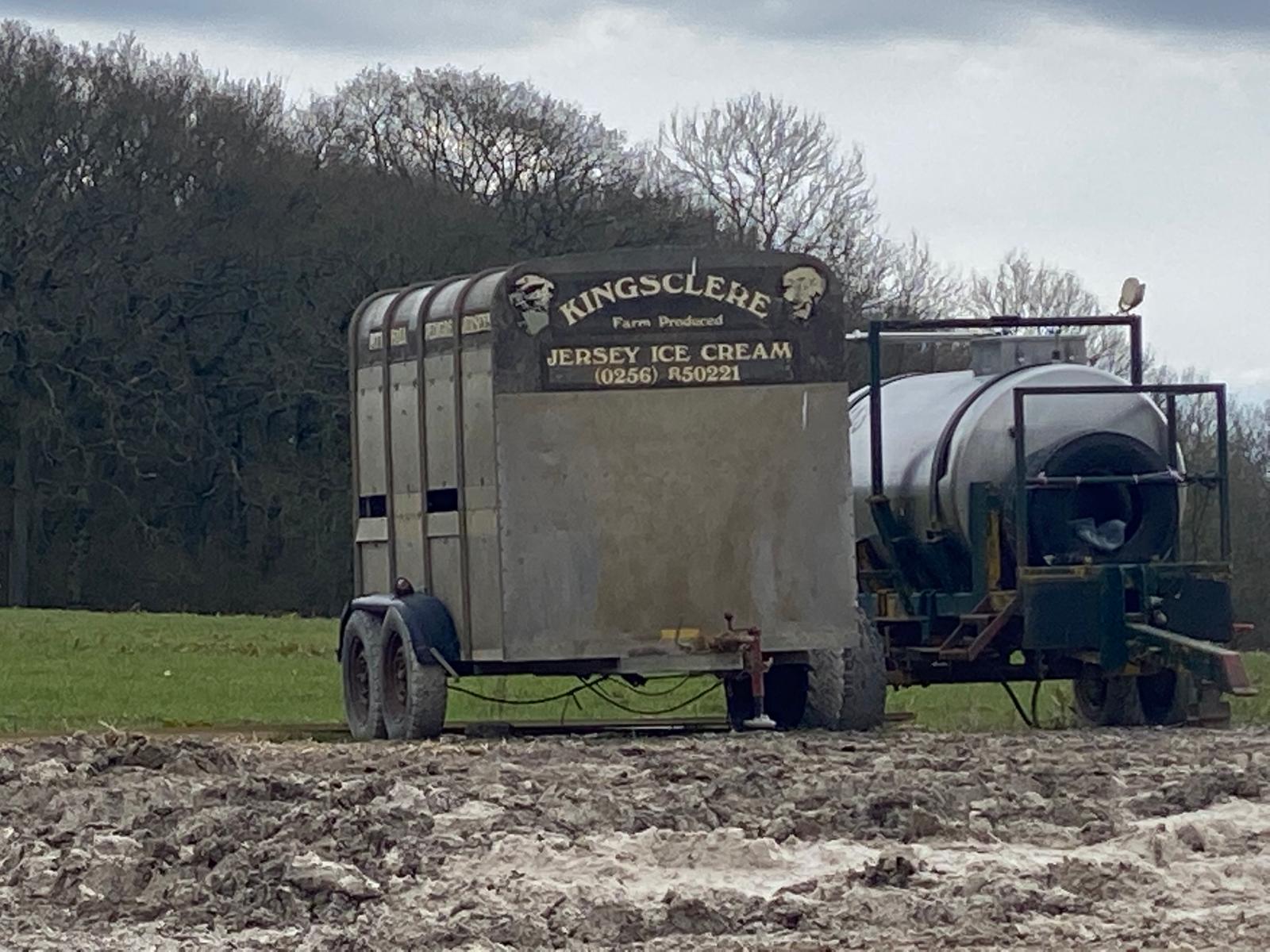
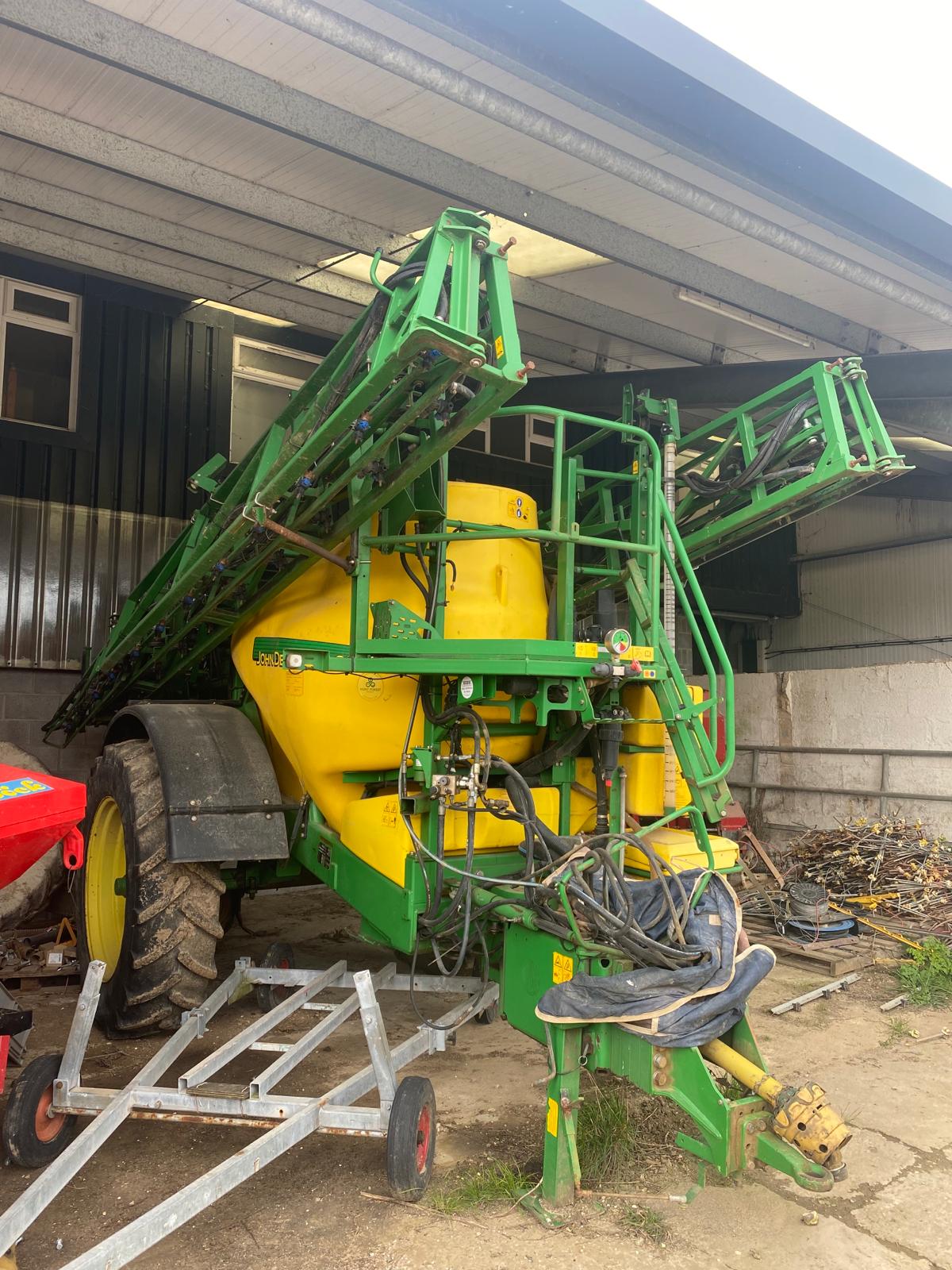 Above a selection pf
Above a selection pf